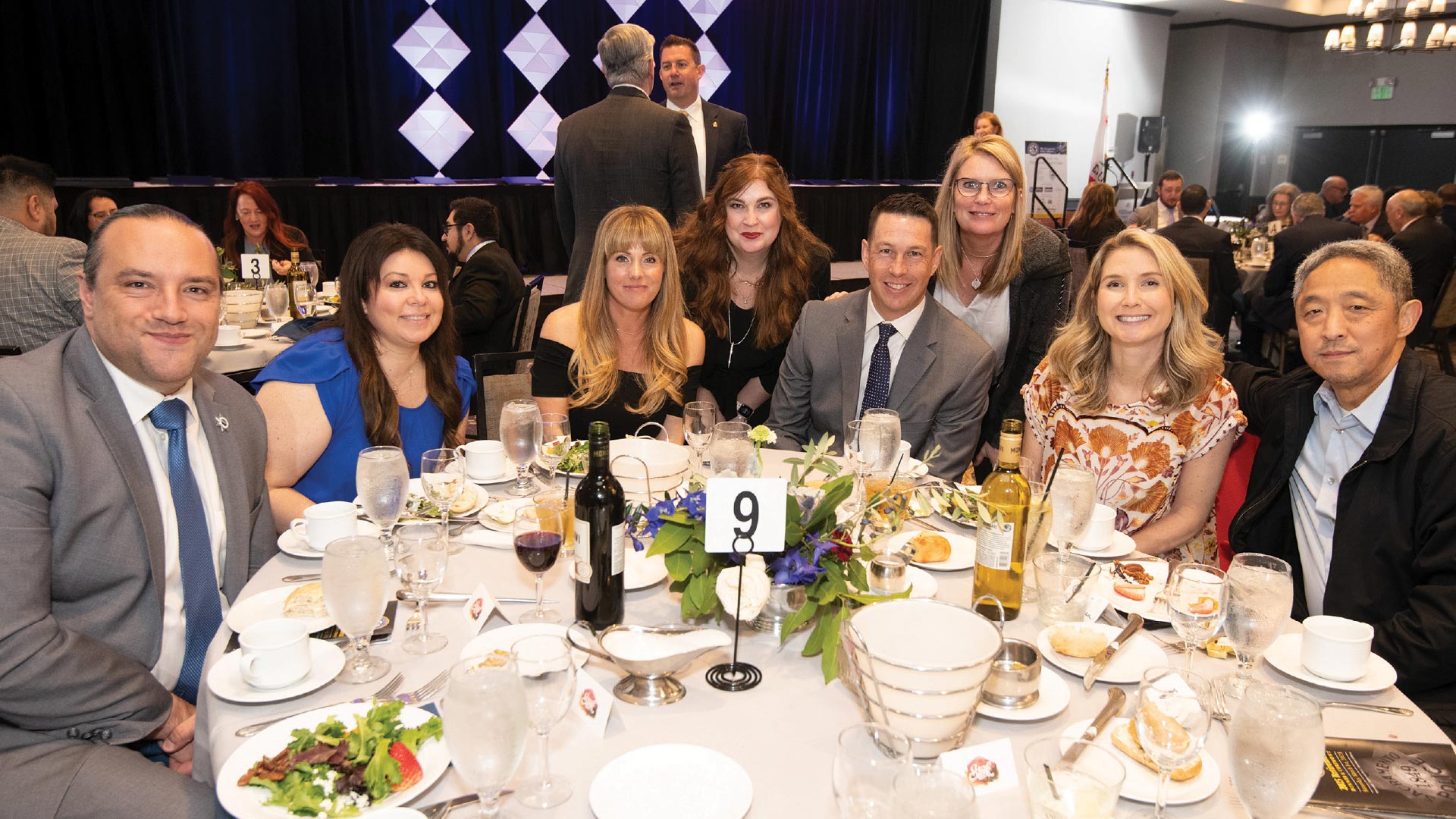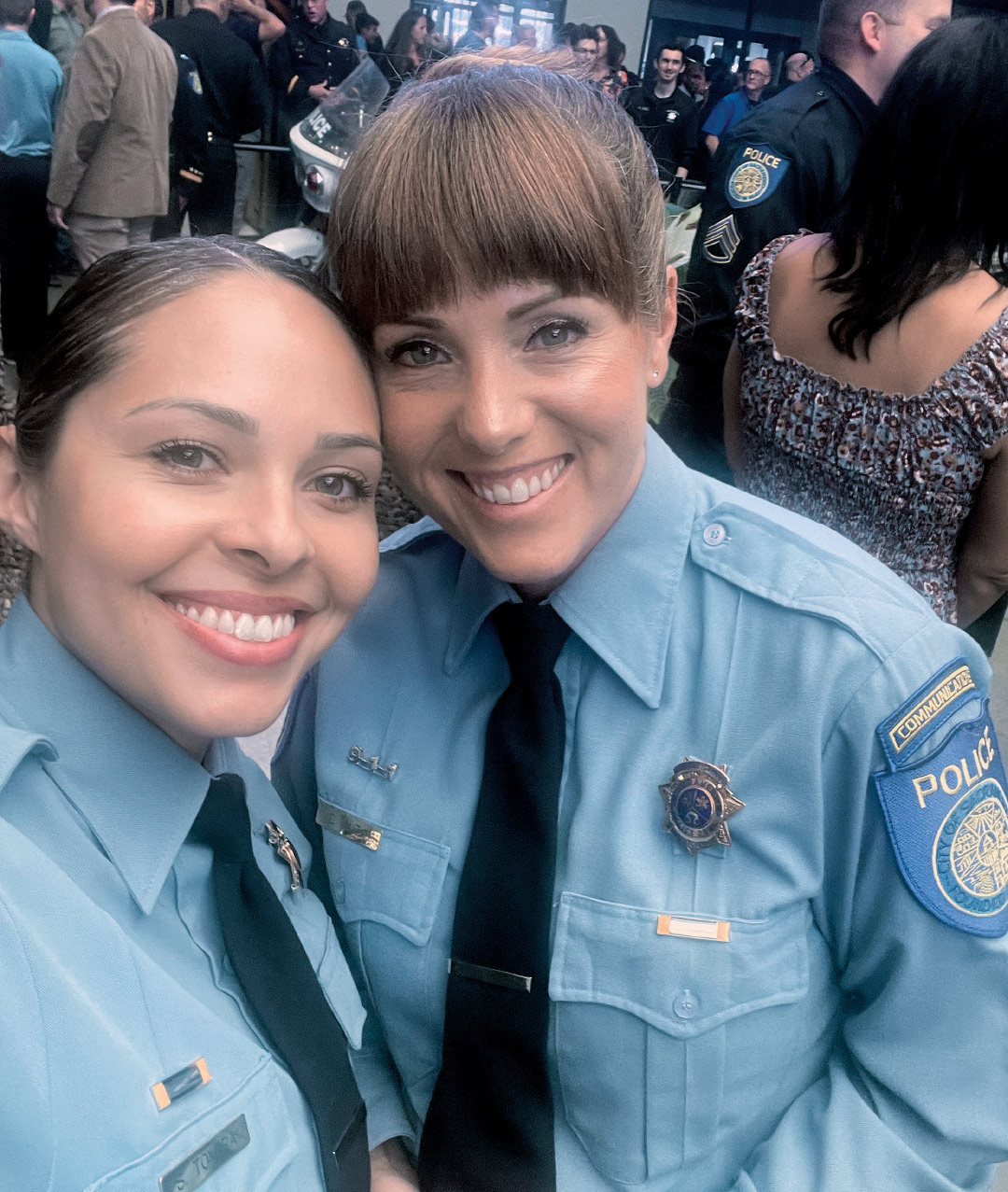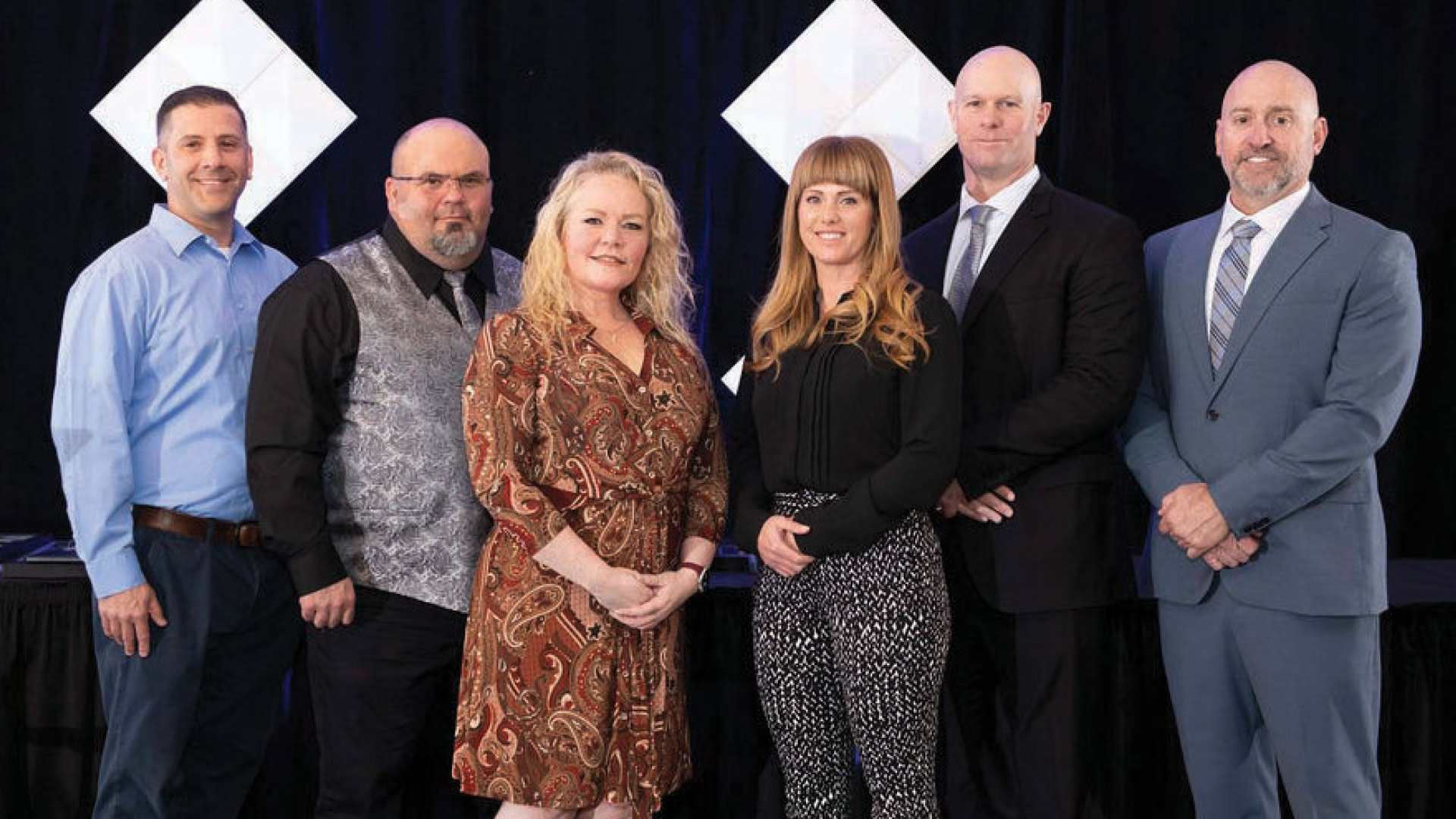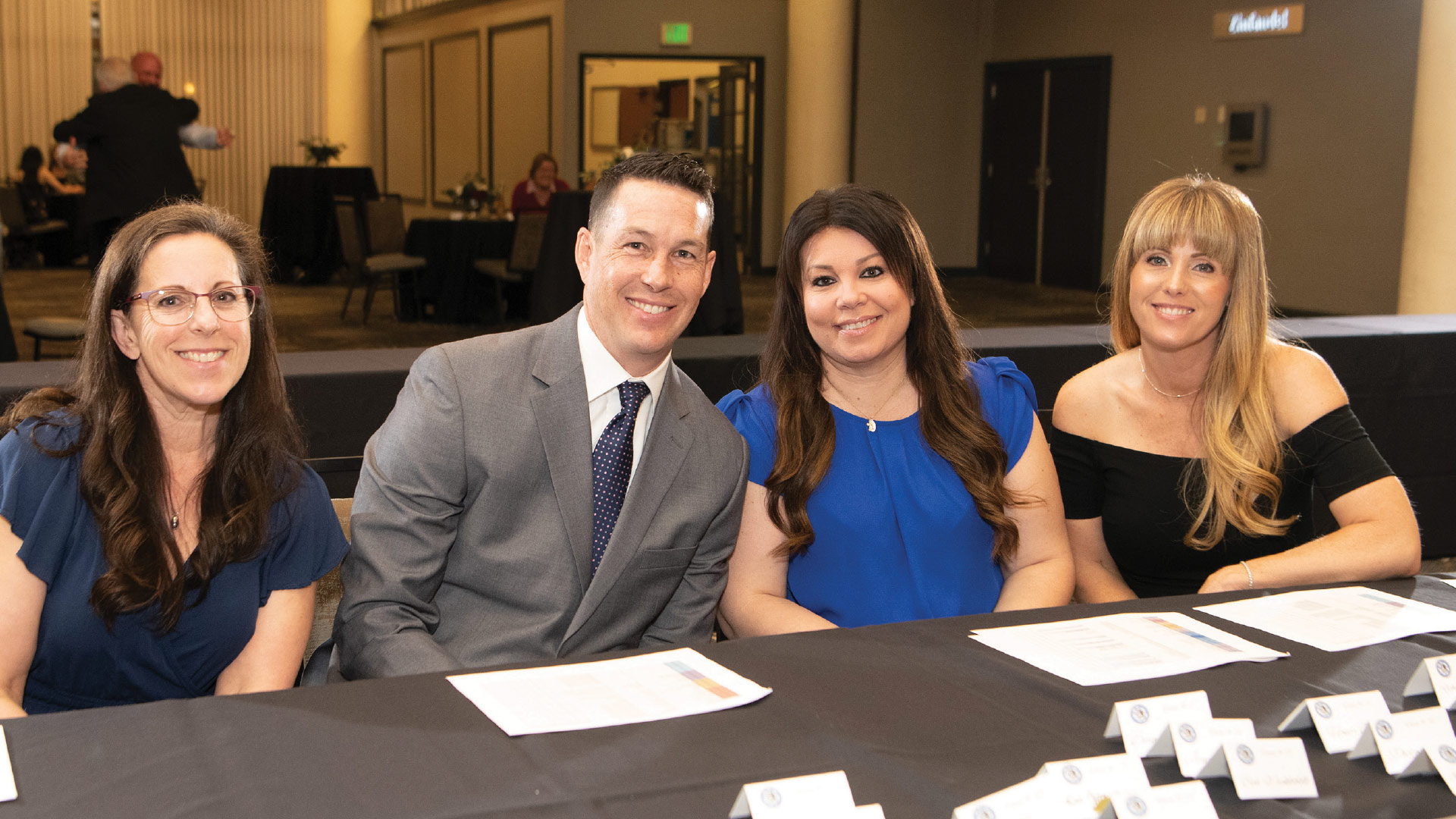Honoring Public Safety Telecommunicators

Each year during the second week of April, the law enforcement community comes together to celebrate National Public Safety Telecommunicators Week, a time to recognize the invaluable role of dispatchers and operators and their contributions to the profession. The event was spearheaded in 1981 by veteran dispatcher Patricia Anderson of the Contra Costa County Sheriff’s Office as a way to recognize her colleagues and highlight the behind-the-scenes work of telecommunicators. It gained traction across the nation as more and more agencies began participating annually. Eventually, in 1994, President Bill Clinton signed Proclamation 6667, officially recognizing the commemorative week on the federal level.
Public safety telecommunicators are often referred to as the “first first responders,” as they are the first calming voice citizens hear when they dial 9-1-1 for help during emergency and non-emergency situations requiring police or fire response. They are also known as guardians who watch over their police officer colleagues, guiding and supporting them on calls for service by providing crucial information, updates and instructions to ensure they make it home safely at the end of their shifts.
In honor of National Public Safety Telecommunicators Week, taking place on April 13–19, PORAC is spotlighting Dispatcher III Chessa Maita of the Sacramento Police Department. She has been a PORAC member since she started her career, serves as the civilian vice president on the board of the Sacramento Police Officers Association and is the Region II trustee for the Insurance and Benefits Trust. Here, she shares her experiences and insights on being a dispatcher, highlighting both the challenges and rewards of the job.

Although she initially considered becoming a police officer, Maita says she ultimately chose to become a dispatcher because she “thought this job would be safer and still exciting, where I get to work with the community and help people.” She’s now been on the job for the past 17 years, has served as a tactical dispatcher and communications training officer, and was promoted in June 2024 to Dispatcher III, making her a first-line supervisor.
While the job can be unpredictable, a routine shift for her involves managing the work floor on swing shift, taking complaint calls, monitoring incoming calls for service, handling personnel complaints and providing support to watch commanders. She also juggles multiple software and programs, monitors call takers for efficiency and adherence to departmental policy, initiates mutual-aid requests and fields calls from outside agencies, vendors, contractors and building support, along with overseeing daily staffing and seating. “We maintain a pretty heavy call volume on a routine basis, so it can be a lot of work,” she shares.
As evidenced by Maita’s workload, personnel in police communications centers do more than just field calls; they multitask, move swiftly and relay information, all while remaining calm at all times. “You have to be able to make quick and correct decisions, have the drive to get things handled quickly and be adaptive, personable, reactive and thorough,” Maita adds. “We are required to process incomplete information from uncooperative callers, translate what is said into police language and make the correct decision 100% of the time without mistake. You must be able to handle stress with ease, work in a fast-paced environment and always be prepared for the next event.”
Because dispatchers must gather as much accurate information as possible from callers, they ask questions in an assertive manner, which Maita says has led to the misconception that dispatchers are rude. However, the reality is that “we are trained to get the information from the callers for officer safety and for citizen safety, and I think on the other end it can sound like we are being insensitive,” she explains.
Another aspect of the dispatcher role that most people are unaware of, Maita says, is that the job is classified by the government as Miscellaneous Employees, meaning that the work they perform is categorized as having the same importance as tree trimmers or recreational lifeguards. “Those miscellaneous positions certainly have their difficulties and are deserving of their benefits. However, dispatchers are responsible for life and death, and safety is paramount to all that we do. We should be classified as safety employees and be allowed to participate in the same benefits that other safety employees enjoy, including retirement changes and medical needs,” she says.

“The career of a dispatcher has long-term impacts on our physical bodies, and as we age, it becomes harder to keep up the same speed that is required to perform our profession to the highest degree,” she continues. “PORAC has been working to reclassify our position within the government because they have understood that what we do matters and is essential to the role of law enforcement.”
Maita says some of the most rewarding moments of the job for dispatchers can be the first time they talk someone out of suicide, help locate a missing person or convince a domestic violence victim that they matter and that help does exist. “There is nothing quite like it,” she says. “We have the unique ability to impact a person’s life in a profound and meaningful way by simply providing care when they had nowhere else to turn. This is a profession that can carry you for a long time. The relationships you build with the people you work with hold you through the tough days.” The job comes with myriad challenges, and for Maita, her toughest days have been those where “bad things are happening to kids,” she says. “It’s also hard being on the phone with someone and not being able to help fix the situation right away.”
During National Public Safety Telecommunicators Week, Maita says her department’s communications center selects a fun theme for the week, such as superheroes, board games or Hollywood, and decorates the entire center accordingly. The department and the Sacramento POA provide funding for food each day, as well as games to play throughout the shift and designated dress-up days. Additionally, the department conducts peer-based nominations for a Dispatcher of the Year award, selecting two winners who are then honored throughout the week and at a regional banquet recognizing all the winners from surrounding agencies.
When asked what she wants members to know about dispatchers, she says: “Remember, that 9-1-1 are the ‘first first responders’! We are more than just ‘operators.’ We make life-or-death decisions on a routine basis, and provide the support that is necessary when everything goes crazy!”

